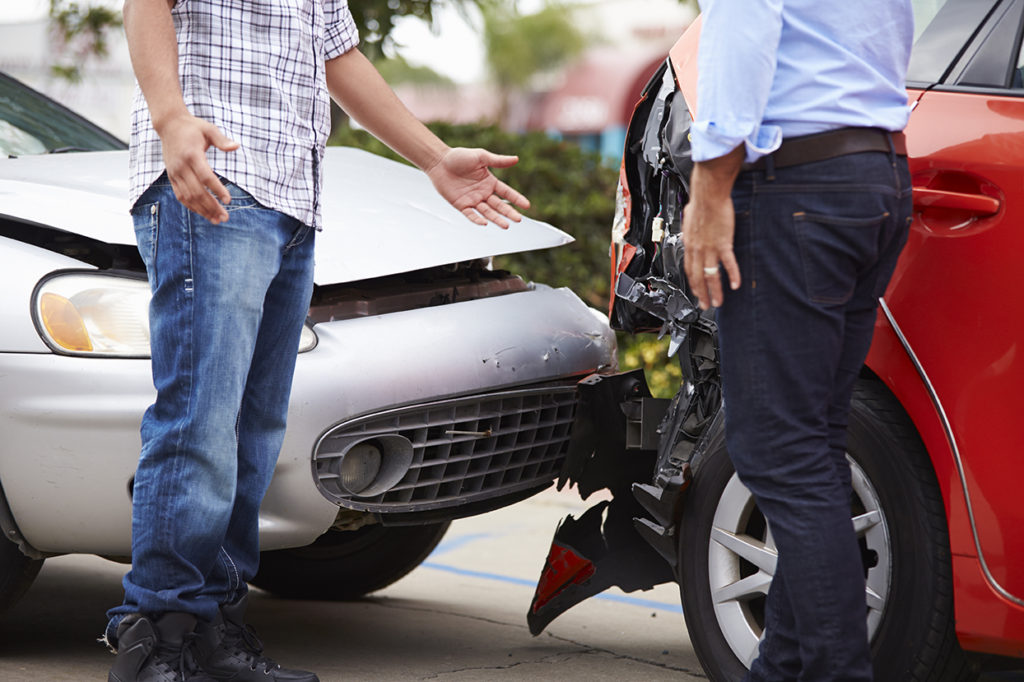After a car accident, you may wonder, “How long after a car accident can you sue in California?” Understanding the timeframe for filing a lawsuit is crucial if you intend to seek compensation for injuries, property damage, or other losses. In California, the law sets specific deadlines, known as statutes of limitations, for filing a car accident lawsuit. The Car/Auto Accident Attorney Redding CA team can help ensure that you meet all deadlines and protect your rights to compensation.
California’s Statute of Limitations for Car Accident Lawsuits
The statute of limitations refers to the legal deadline by which you must file a lawsuit. In California, the statute of limitations for car accident claims varies depending on the type of claim you’re filing. Knowing these deadlines is essential because failing to file within the specified timeframe could mean losing your right to seek compensation.
1. Personal Injury Claims
For personal injury claims resulting from a car accident, California law allows two years from the date of the accident to file a lawsuit. This time limit applies to cases where you are seeking compensation for medical bills, lost wages, pain and suffering, and other injury-related damages.
2. Property Damage Claims
If you’re only seeking compensation for damage to your vehicle or other property, you have up to three years from the date of the accident to file a lawsuit. It’s important to note that while you have an extra year for property damage claims, it’s always best to act quickly to preserve evidence and build a strong case.
3. Government-Related Claims
If the car accident involved a government vehicle or employee, special rules apply. You must file a government claim within six months of the accident. After the government agency responds (or fails to respond), you have six months to file a lawsuit if your claim is denied.
What Happens if You Miss the Filing Deadline?
Missing the statute of limitations can have serious consequences for your case. If you fail to file a lawsuit within the legal time limit, the court will likely dismiss your case, and you’ll lose your chance to recover compensation for your injuries or damages.
1. Exceptions to the Statute of Limitations
In some rare circumstances, exceptions may extend the filing deadline. These exceptions include situations where the injured person is a minor, mentally incapacitated, or if the defendant cannot be located. An experienced attorney can help determine if any exceptions apply to your case.
2. Importance of Timely Action
Even if you believe you have plenty of time to file a lawsuit, acting quickly is always in your best interest. Evidence can deteriorate, witnesses may forget key details, and delays can make it harder to build a strong case. Filing your claim as soon as possible ensures that you preserve critical evidence and give your attorney enough time to prepare your case.
For more information on the importance of legal representation and how to navigate car accident lawsuits, visit our page on Do I need a lawyer for a car accident in California? to help guide your decision.
What Types of Compensation Can You Recover?
When you file a car accident lawsuit within the statute of limitations, you can seek compensation for a variety of damages. The amount and type of compensation you can recover will depend on the specifics of your case.
1. Medical Expenses
You can recover compensation for medical bills related to the accident, including emergency room visits, surgeries, physical therapy, and ongoing treatments. Future medical expenses can also be included if your injuries require long-term care.
2. Lost Wages
If your injuries caused you to miss work, you could recover compensation for lost wages. If the accident impacts your ability to earn income in the future, you may also seek damages for loss of earning capacity.
3. Pain and Suffering
In addition to financial losses, you can seek compensation for pain and suffering, emotional distress, and the impact of the accident on your overall quality of life.
4. Property Damage
If your vehicle or other personal property was damaged in the accident, you could recover compensation for repairs or replacement costs.
How a Lawyer Can Help You File a Lawsuit on Time
Navigating California’s legal system can be challenging, especially when dealing with the aftermath of a car accident. A lawyer can help ensure that your lawsuit is filed on time and that all legal requirements are met.
1. Investigating the Accident
An attorney can thoroughly investigate the accident, gather evidence, and interview witnesses to build a strong case. This process is crucial to determining fault and ensuring you receive fair compensation.
2. Negotiating with Insurance Companies
Most car accident claims are settled before going to court. A lawyer can negotiate with the insurance companies on your behalf, ensuring that you receive a fair settlement for your damages. If negotiations fail, your lawyer will be prepared to file a lawsuit within the legal timeframe.
3. Filing the Lawsuit
If a settlement cannot be reached, your lawyer will handle all aspects of filing the lawsuit, including preparing and submitting the necessary legal documents. They’ll also represent you in court, advocating for the compensation you deserve.
Protecting Your Right to Sue After a Car Accident
Knowing how long after a car accident you can sue in California is essential to protecting your rights and ensuring you have the opportunity to recover compensation. Whether you’re dealing with personal injuries, property damage, or a combination of both, acting within the statute of limitations is critical. If you’re unsure of how much time you have left to file a lawsuit or need help with your case, the team at Cibula Law can provide the legal support you need.
To learn more about your legal options or to get started on your case, contact us today to schedule a consultation.








